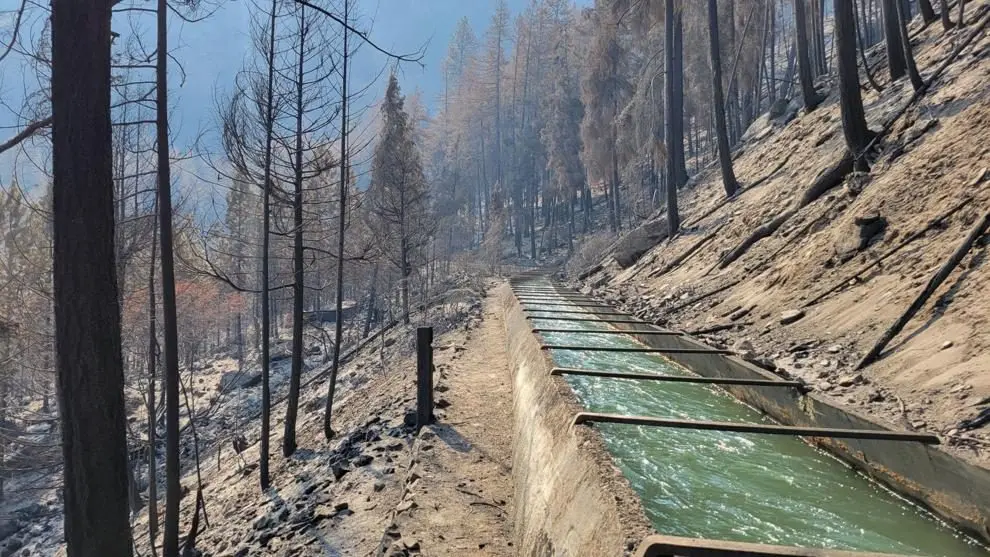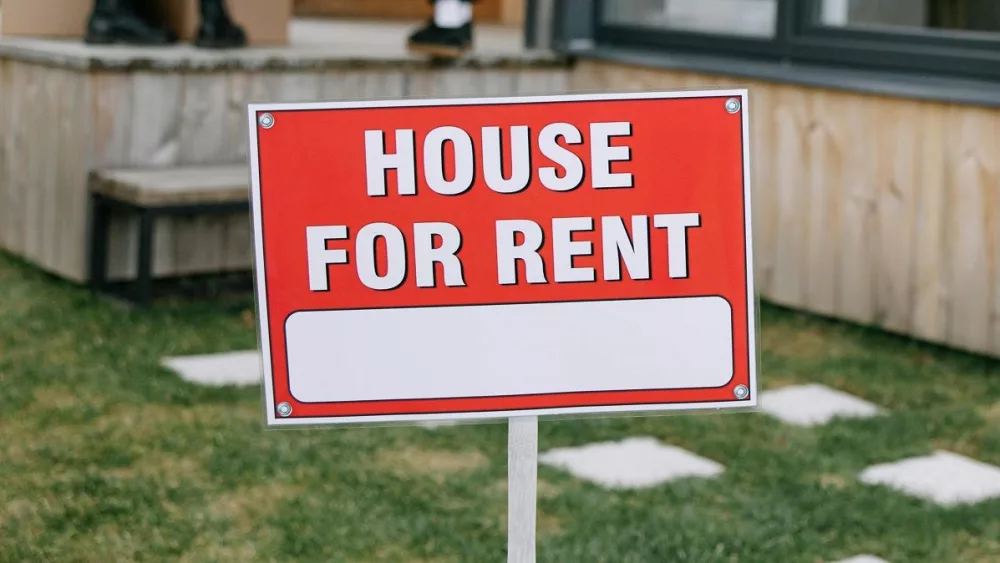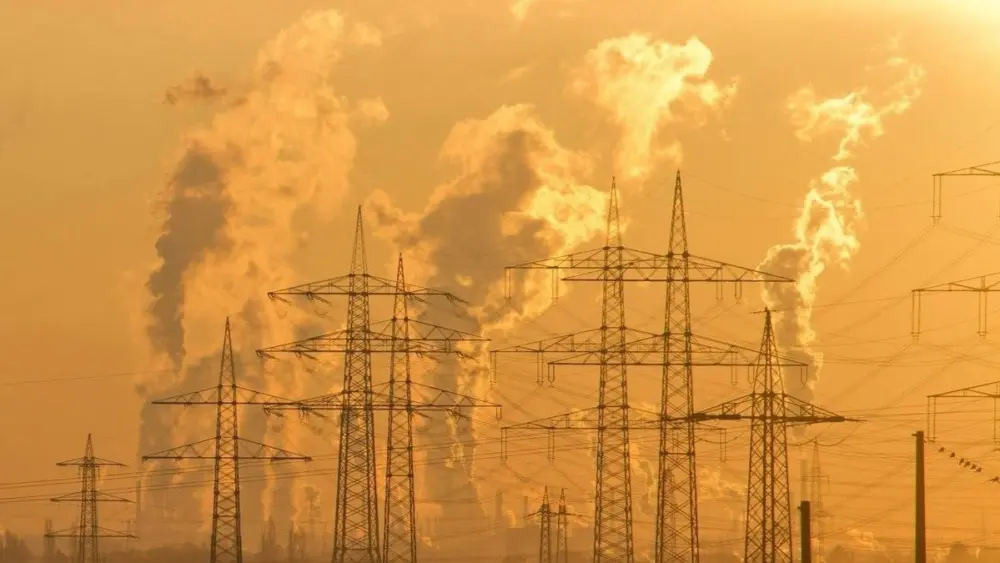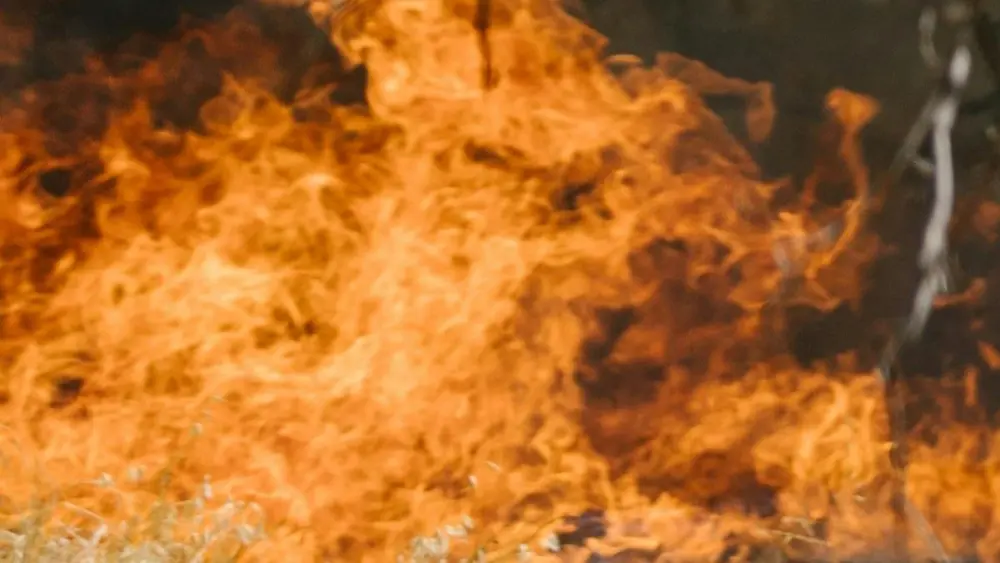YAKIMA, WA – A third consecutive year of drought has caused historically low reservoir storage and streamflow in the Yakima Basin. As a result, the Washington State Department of Ecology is issuing an unprecedented halt to surface water use starting Oct. 6.
The restrictions affect more than 1,500 water rights holders and local growers, who are being asked to restrict residential watering for the remainder of the month.
“This really is an unprecedented situation in that we have not before had a convergence of the low reservoir storage for snowpack and little precipitation that has forced us to restrict surface water use based on the final decree from the Yakima County Superior Court,” Department of Ecology spokesperson Emily Tasaka told The Center Square on Wednesday.
“All the surface water rights in the Yakima Basin were decided in a long legal process, and the result of that gives us the certainty to know who has water rights and in what order of seniority,” she continued. “And that is what we are using to determine who needs to shut off. And because conditions are so severe, all surface water users in the Yakima Basin need to stop diverting in order to protect water for the most senior water rights, which are those with an 1855 priority date.”
Yakima-Tieton Irrigation District Chair Travis Okelberry told The Center Square on Wednesday that YTID opted to shut down on Oct. 1, five days before the required water shutoff, because the district has suffered catastrophic damage from last year’s Retreat Fire, as well as needed repairs due to its aging system.
“The Yakima Basin is in its third consecutive drought year, and it’s been a very challenging water year for everyone, and you know the system is just running on empty right now,” Okelberry said. “I believe [Surface Mining and] Reclamation and Ecology are shutting the system down a little bit early this year because we’re just flat out of water and YTID made the decision prior to this announcement that we were going to shut off early voluntarily because we have so much work to do in the canal to deal with the aftereffects of the retreat wildfire.”
As reported by The Center Square, the 2024 Retreat Fire caused unprecedented damage to the irrigation district.
“It was a very difficult season for us. Our canal patrolman was chasing over 2,000 leaks in our 12-mile canal system. Some of these leaks were very large, and there’s so much damage to our infrastructure, both on the outside from the heat and the fire, and on the inside, where the boulders and the trees were forced through the throat of our canal, it just tore apart the lining inside,” Okelberry continued. “So, there’s just a lot of damage and we’re still mitigating risks.”
In a news release emailed to The Center Square, Ria Berns, Ecology’s Water Resources program manager, said, “We know that restricting water diversions will impact communities across the Yakima Basin, but this is a necessary step to protect water for fish and senior water rights in the face of continued drought conditions.”
Okelberry noted that continued temporary fixes to the canal only go so far.
“We’re spending all this money on this canal that needs to be replaced. It’s been damaged, and it can’t function at its full capacity,” he said. “The board has already approved restricting operations to no more than 90% in the canal because of concerns that our engineering team and our operations team have on the canal’s ability to convey that amount of water. We’re hoping that there’s funding that can be made available to help support this effort because this is a huge project, and it’s not something that a district the size of YTID can take on. We can’t shoulder a $240 million project on our own.”
The city of Yakima issued a news release about the water shortage.
“Customers are asked to cut back on domestic water use where possible until we are able to begin operating the water treatment plant again,” said Water/Irrigation Manager Mike Shane. “Anything customers can do, including ending lawn and landscape irrigation starting October 6th, will help avoid over-taxing the system.”
Okelberry told The Center Square that, despite the unprecedented challenges, he is confident that solutions will be found to secure the necessary state and federal funding to repair the irrigation canal’s critical infrastructure.





